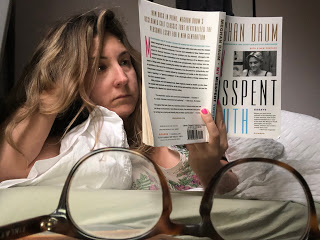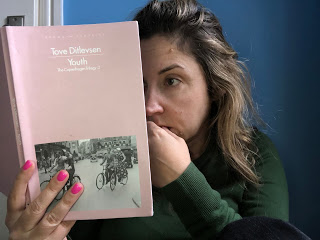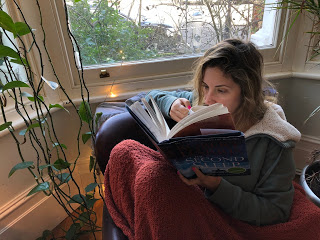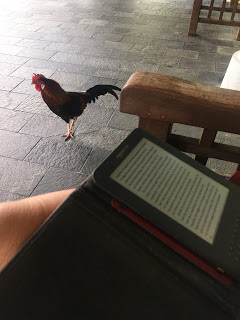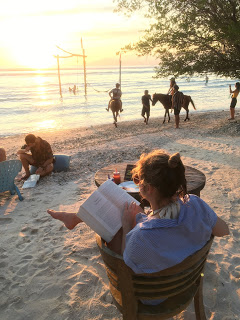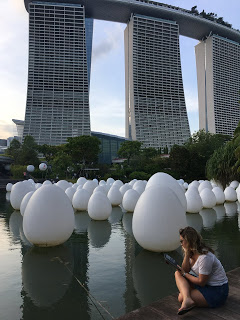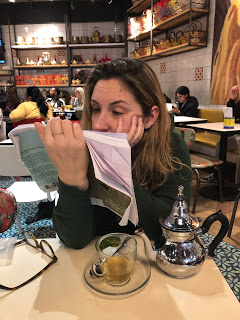Apparently 2001 was really a long time ago. Enjoy this extract from one of the essays in this book:
I am not what most people would call a “computer person.” I have utterly no interest in chat rooms, news groups, or most Web sites.
Imagine a world where you get to not be a “computer person.” Imagine a world where there is a concept called “computer person.” Today that is just a person.
These essays are about Daum’s experience of being in her late twenties and her life not having worked out as she planned. (Whose life has worked out as planned? Only the most extreme sociopaths, and maybe Taylor Swift, I would say).
The extract is from the first essay, which is about the time she had an online romance, and is probably the best in the book. This is not so much for thoughts on these “Web sites,” about which she indeed has not much idea, but about what it is that makes romance so painful:
Of all the troubling details of this story, the one that bothers me most is the way I slurped up his attention like some kind of dying animal. My addiction to PFSlider’s messages indicated a monstrous narcissism. But it also revealed a subtler desire that I didn’t fully understand at the time. My need to experience an old-fashioned kind of courtship was stronger than I had ever imagined. For the first time in my life, I was not involved in a protracted ‘hang-out’ that would lead to a quasi-romance.
The other good essay was about her $70,000 debt. This is largely from her choice to get a graduate education in that most remunerative of fields, creative writing
And even though I was having a great time and becoming a better writer, the truth was that the year I entered graduate school was the year I stopped making decisions that were appropriate for my situation and began making a rich person’s decisions.
She blames this on knowing too many rich people. I can vouch that this is a problem.
. . . my years at Vassar did more than expand my intellect. They expanded my sense of entitlement so much that, by the end, I had no ability to separate myself from the many extremely wealthy people I encountered there. . . . Self-entitlement is a quality that has gotten a bad name for itself and yet, in my opinion, it’s one of the best things a student can get out of an education. Much of my success and happiness is a direct result of it. But self-entitlement has also contributed to my downfall, mostly because of my inability to recognize where ambition and chutzpah end and cold, hard cash begins.
The rest of the essays I didn’t find particularly interesting or insightful, but I admire the ambition. Thinking that in just writing about you own ordinary life you can come up with interesting insights is a bold move. That it paid off twice in ten essays is not terrible odds.

